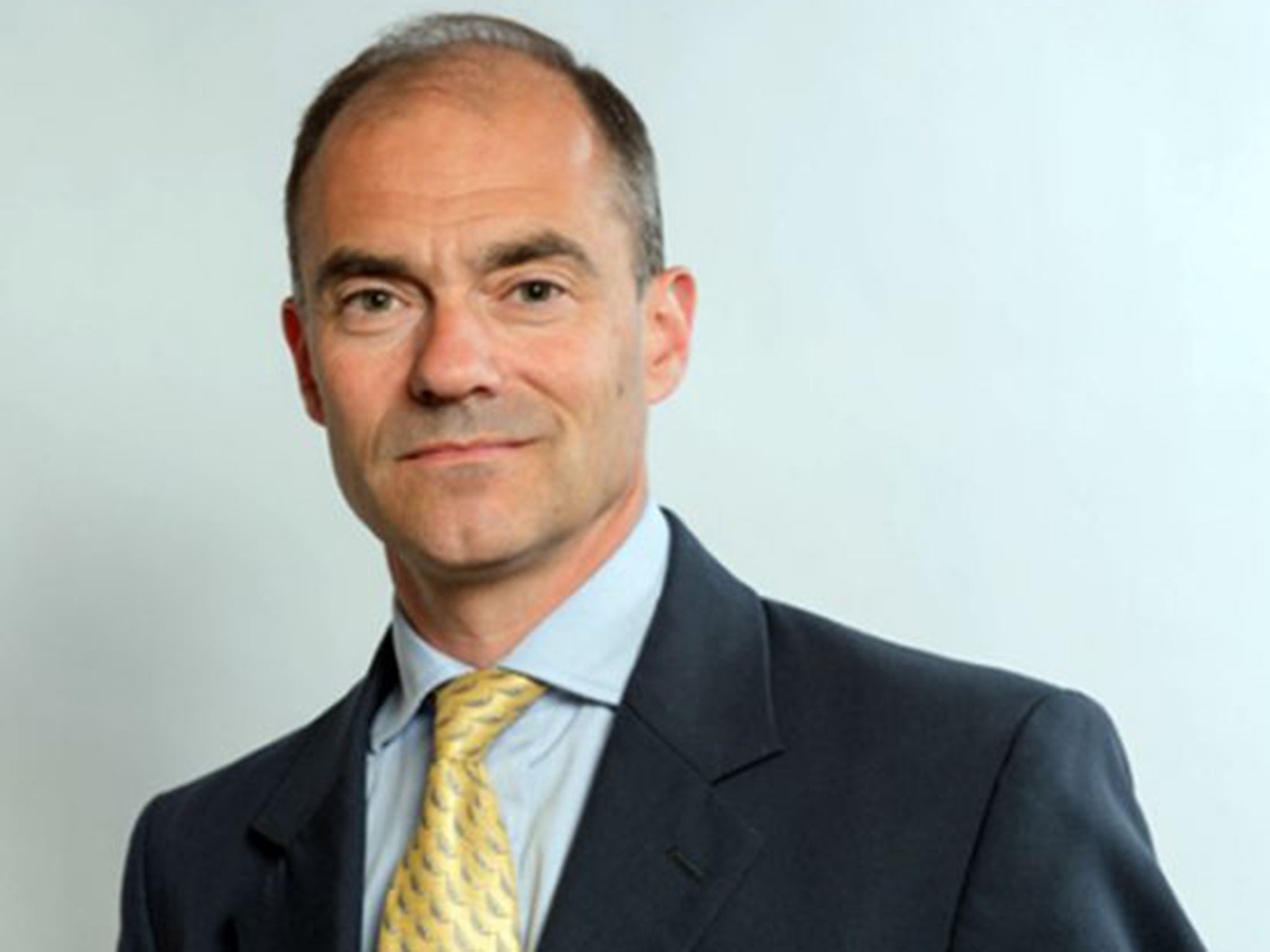Rolls-Royce: IoD right to criticise tone deaf bonus
The influential business group has recognised the problems with soaring CEO pay. The pity is CEOs themselves, and their remuneration committees, still appear immune to criticism

Your support helps us to tell the story
From reproductive rights to climate change to Big Tech, The Independent is on the ground when the story is developing. Whether it's investigating the financials of Elon Musk's pro-Trump PAC or producing our latest documentary, 'The A Word', which shines a light on the American women fighting for reproductive rights, we know how important it is to parse out the facts from the messaging.
At such a critical moment in US history, we need reporters on the ground. Your donation allows us to keep sending journalists to speak to both sides of the story.
The Independent is trusted by Americans across the entire political spectrum. And unlike many other quality news outlets, we choose not to lock Americans out of our reporting and analysis with paywalls. We believe quality journalism should be available to everyone, paid for by those who can afford it.
Your support makes all the difference.“Ill advised” is how the Institute of Directors described the decision by Rolls-Royce to hand chief executive Warren East a £900,000 bonus after profits nearly halved with little sign that they will improve much this year.
I think we can file that under the heading “classic British understatement”.
Oliver Parry, the head of corporate governance for the organisation, further told Bloomberg: “Bonuses need to be linked to performance and at Rolls-Royce it’s been a difficult 12 months. The idea that the CEO is receiving a bonus after two profit warnings doesn’t sit well with investors.”
No kidding.
But wait, Rolls-Royce had something to say. It “scaled back” bonuses and Mr East was awarded just 55 per cent (just 55 per cent) of the maximum possible pay out because the company still beat “key profits and cash targets”. So that's all right then.
I wonder if I could persuade my editors to offer me a bonus for writing, I dunno, 300 words a day, and then pay me half of it if I just write 150 when I’m feeling a bit tired.
I jest, but you get the point. If the target is relatively easy, and you’re willing to pay gazillions even when a company is doing badly, you shouldn’t be all that surprised that people get cross and start raising questions about the targets and the methods used to calculate bonuses.
Even if it is true that Rolls’ problems weren’t created by Mr East, who was brought in to fix them, the payment of a bonus after a bad year is still tone deaf. Pay him when he’s done the job and they’re history. It’s not as if Mr East is going hungry when it comes to his salary.
The company has pointed out that it is being nicer to its employees under Mr East, involving them more as Prime Minister May wanted it to. It is also freezing the pay of senior managers, and doing more besides.
But that is only what a good company should be doing. It doesn’t change the wrongheadedness of the bonus payment.
Mr East, whom I have met, is an skillful, effective and intelligent executive. It’s just a shame he's not bright enough to see how bad this looks.
It is welcome that the IoD, which is an influential group, and part of the business community, can raise the issue – albeit through the use of rather more diplomatic language than you’d usually expect from me.
And, to be fair, this isn’t the first time that the IoD has criticised excessive CEO pay and an across-the-board rise without any corresponding evidence of improvements in economic or business performance to justify it.
However, while the IoD might “get it”, CEOs like Mr East and the people who sit on the remuneration committees of big companies like Rolls-Royce, still don’t. Despite all that has been written and said on the subject, they remain cocooned in boardroom bubbles. High time those bubbles were popped.
Join our commenting forum
Join thought-provoking conversations, follow other Independent readers and see their replies
Comments